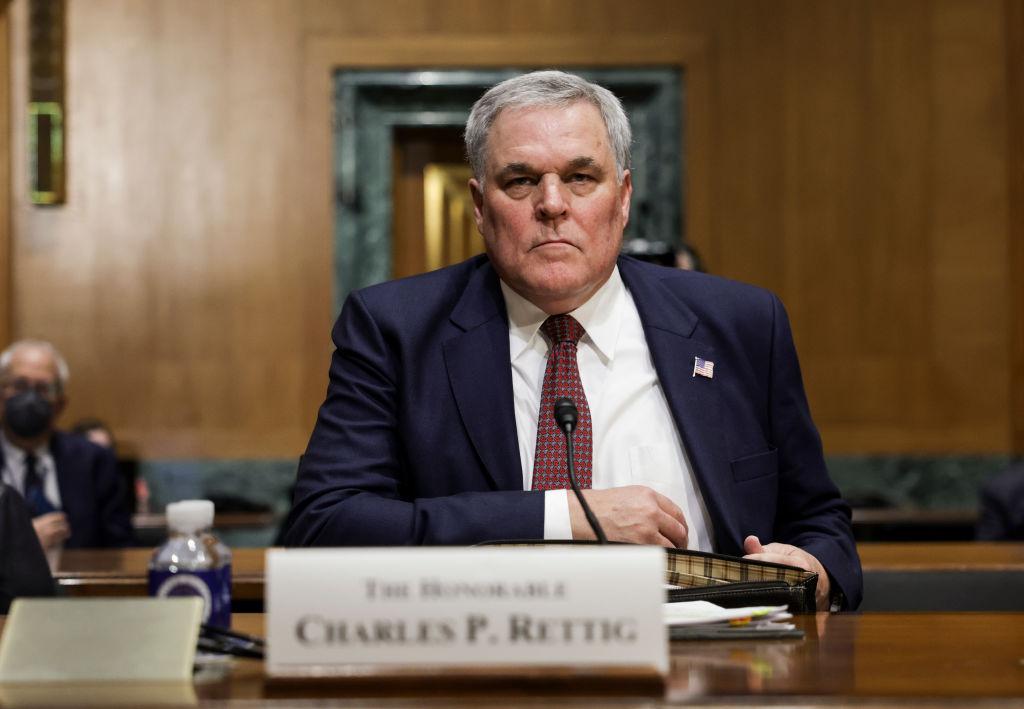Senate Finance Committee Republicans are demanding that IRS Commissioner Charles Rettig provide detailed answers on how his agency is spending the extra $80 billion it got under President Joe Biden’s 2023 budget.
In a Sept. 22 letter previewing the toughened oversight the IRS will likely face if voters return Republicans to a Senate majority in November’s midterm elections, the 14 GOP lawmakers told Rettig they aren’t interested in “vague plans by Treasury and the IRS on how it may spend” the huge budget increase.





